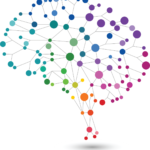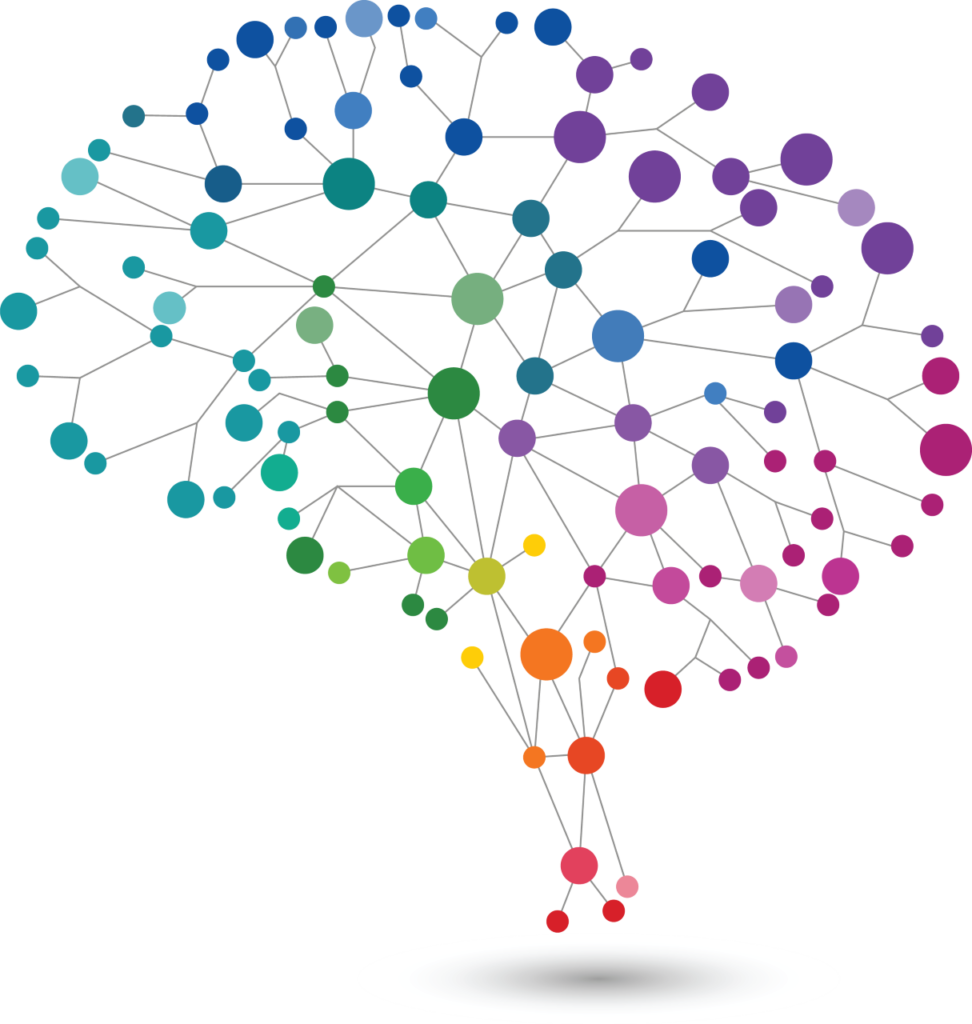About My Work
Discover Thinking Abilities You Didn’t Realize You Had
Each of our minds is astonishingly unique—millions of times more distinctive than our fingerprints. Within this individuality lie vast reservoirs of untapped thinking abilities and hidden networks of potential, waiting to be accessed. Developing strategies to uncover and leverage these networks allows us to engage with our minds on a deeper level, transforming how we process information and refine our decisions.
The quality of our decision-making—and ultimately our lives—is wholly dependent on the quality of our thinking. Thinking quality is not about chasing outcomes or goals but about building a system of thinking that works uniquely for you. When we focus on refining the small, everyday aspects of how we think—such as recognizing internal and external influences, adapting to specific circumstances, and accessing the most effective thinking modes—the outcomes take care of themselves.
By concentrating on the process of thinking rather than its results, we unlock extraordinary potential. This shift in focus enables us to tap into hidden networks, continuously improve, and build resilience, clarity, and precision in our mental processes. The strategies to access these reservoirs of ability are not merely tools for improvement—they’re pathways to transforming the way we think, decide, and live.

What is thinking quality?
When I say ‘thinking quality’ in a technical sense, I am referring to the efficacy and adaptability of neural and cognitive processes that underpin decision-making and problem-solving. It is a multidimensional construct involving the optimization of neural mechanisms, emotional regulation pathways, and executive functions to enhance cognitive adaptability and performance.
In practical terms, thinking quality is about harnessing the full potential of our minds and continuously expanding our cognitive abilities. It involves cultivating the awareness and capacity to choose and apply the most effective thinking strategies for each situation. This is an ongoing process that requires understanding the internal and external factors influencing our thoughts, regulating these influences, and channeling them toward optimal outcomes.
Thinking quality demands a deep awareness of our mental processes, enabling us to leverage them effectively when it matters most. It also involves managing mental resources, regulating attention and focus, and maintaining adaptability. Ultimately, it’s about grasping the long-term implications of our decisions, recognizing our cognitive limits, and not just understanding what we think, but also how and why we think it.
Harnessing Neurological Insights to Improve Professional Decisions
In my work conducting decision-making and thinking experiments and exercises with thousands of professionals over many years, I’ve learned that virtually everyone, regardless of their expertise, education, or status, has aspects of their thinking and decision-making they wish to improve, ranging from enhancing reasoning processes to dealing with imposter syndrome to mental-wellness. Separately, my work and research related to therapies used in neurological or psychological conditions such as Autism, traumatic brain injuries or PTSD, as well as performance enhancing therapies, revealed a compelling parallel. The therapies designed to assist in various conditions often target fundamental cognitive processes that, if adapted, could directly address the errors made by the professionals during the experiments. This insight led me to see how adapting these strategies could be beneficial in non-clinical settings, particularly among experts and high-stakes decision-makers.
About My Events
What sets my appearances apart is that they go beyond mere lectures to interactive experiences that contribute to a continuous, living body of knowledge. Together, with my audiences we actively engage in immersive ‘experiments’ that continuously shape an evolving research experience with each audience benefitting from the cumulative knowledge. Throughout my journey as a lecturer and researcher, I’ve had the privilege of connecting with more than 700 audiences of experts in this dynamic manner, that consistently shapes and refines the strategies I bring to future audiences.
Driven by the collective intelligence of my audiences, I am wholeheartedly committed to exploring the intricacies of decision-making, problem-solving, and thinking quality. Through our collaborative research experience, we unlock profound insights and discover hands-on strategies that inspire genuine change. Together, we venture beyond the confines of the laboratory and delve into the real world, uncovering practical strategies that empower experts to make better decisions when it truly matters
I focus on five major components of cognitive processing related to thinking quality:
- Cognitive Flexibility: The ability to switch between different modes of thought and adapt to changing environments or rules. For example, how well can you adjust your thinking when faced with a sudden change at work or an unexpected personal challenge?
- Metacognition: Involves self-awareness of one’s thought processes. It’s about evaluating and regulating your cognitive strategies, recognizing when a particular approach to thinking is or isn’t working. Can you think about your thinking and understand its strengths and weaknesses?
- Information Processing Efficiency: How effectively and accurately an individual can process, store, and retrieve information. This includes attentional control, working memory capacity, and the speed of cognitive processing. Are you able to focus in a world full of distractions and efficiently use the information you learn?
- Emotional Intelligence: Understanding and managing your emotions, and empathizing with others, significantly influences decision-making and problem-solving. How often do you reflect on how your emotions affect your judgments?
- Bias Recognition and Management: The ability to identify and mitigate cognitive biases that can skew reasoning and judgment. Are you aware of any biases that might be influencing your decisions?

